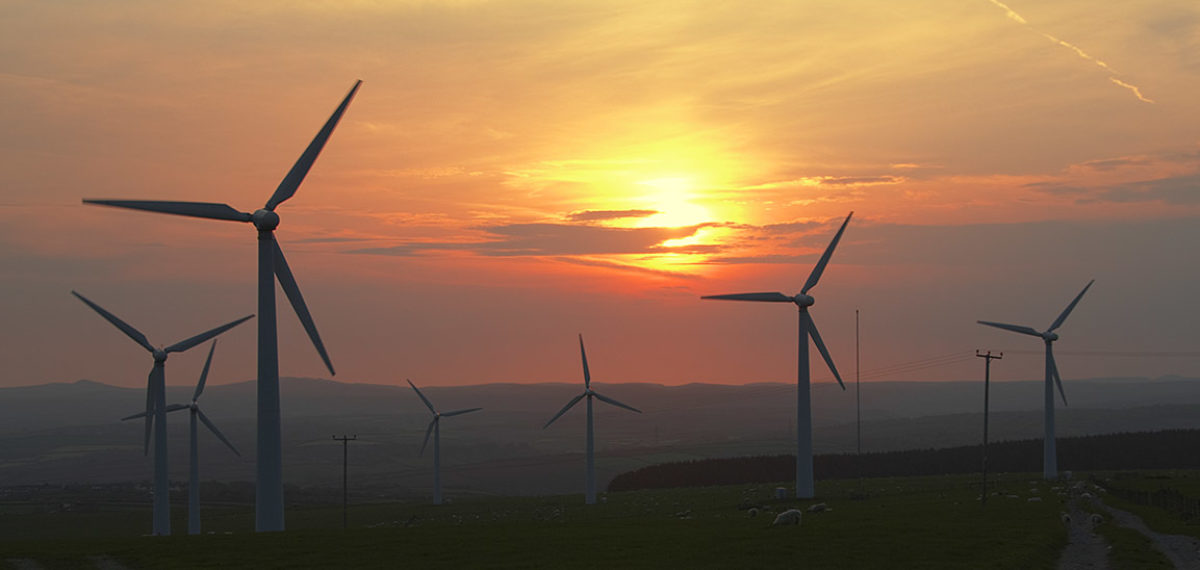by David Toke
Car manufacturers are stopping production of some of their cheapest and most popular electric vehicles (EVs) just in advance of EU assessments about how far the car manufacturers should reduce the emissions that their fleets produce. Is this a coincidence, or are car manufacturers once again cheating the public?
EU targets for carbon emission reduction have been hailed as radical, but they are likely to end up being much less radical if car manufacturers make sure that their fleets emit higher levels of carbon in 2021. That’s because that is the baseline year against which car manufacturers will be expected by EU regulators to reduce their fleet’s emissions by a stated per cent in future years.
It is certainly very strange that some car manufacturers appear in a rush to scrap production of some of their most popular electric vehicle brands. The EU should respond by simply banning sales of cars that run on fossil fuels.
Let’s look at a couple of examples. The Škoda Citigo-e iV has been reported as being very successful in sales. But its production is being scrapped. Then there is the VW e-Up, which is also one of the cheapest electric cars on the market and which has also sold very successfully. Apparently these car makes have been ‘sold out’. Usually you would expect intelligent capitalists to prime the pump for higher levels of production. But no. They are being scrapped. Looks very strange! Replacements for these vehicles do not look like they will be available until 2022, either. Also strange.
Apparently, according to the electric drive website, who reported how production of popular electric cars is being scrapped a VW spokesperson said ‘“In the interests of our customers, we are instead focusing on quickly available e-vehicles.” The speaker referred to the ID.3 and various PHEV models’. (PHEVs are ‘hybrid’ vehicles which involve running on either petroleum fuel or electricity).
Now the VW ID.3 is a much more expensive electric car than either the VW e-Up or the Citigo-eiV. The ID.3 costs over £38,000 before the UK government grants. On the other hand the e-Up comes in at just over £23,000 before the grant is subtracted while the Citigo-eiV costs under £21,000 before the grant subtraction from the price.
So then if, for example, VW substitutes sales of its e-Up with the rather more expensive ID.3 and PHEVs then it may well sell rather fewer models of the all-electric ID.3 (compared to the e-Up) and more cars that are PHEVs. In other words, on the basis of this substitution, the average (per vehicle) carbon emissions of the VW fleet will be relatively much higher than it would be if it was just pushing its cheaper all-electric cars.
Of course we might want to believe that big European car manufacturing companies would be ethical in the way they do things and that they wouldn’t possibly seek to sabotage the drive for cheaper and cleaner vehicles in order to defeat emissions regulations. Unfortunately it has been established that they have previous form for doing precisely this in the so-called ‘dieselgate’ scandal when ‘defeat’ software was fitted to give the impression that diesel vehicles emitted far less pollution than they actually do.
Do you think they have learned their lesson?
Maybe not. But the lesson for the EU is that they should stop messing around with fleet emission reduction targets and go straight for a ban on sales of cars run on fossil fuels by 2030.
I thank Michael Liebreich for drawing my attention to this issue
